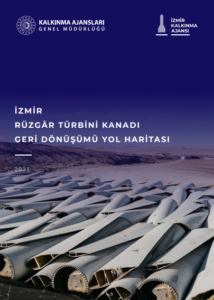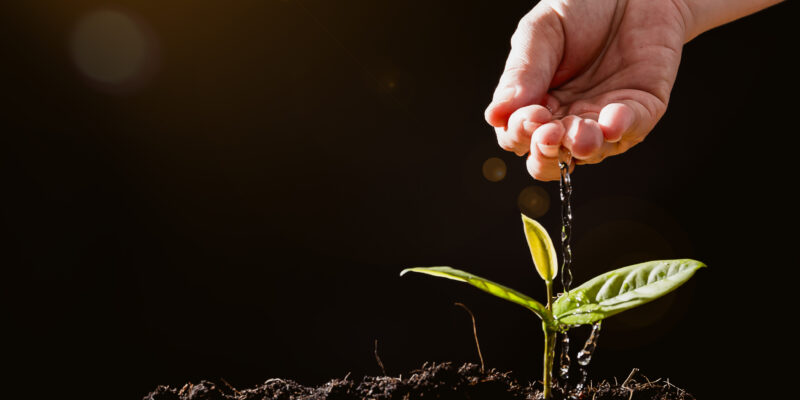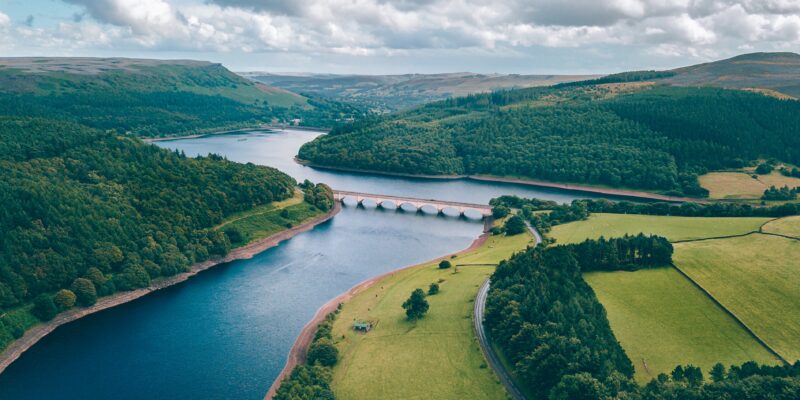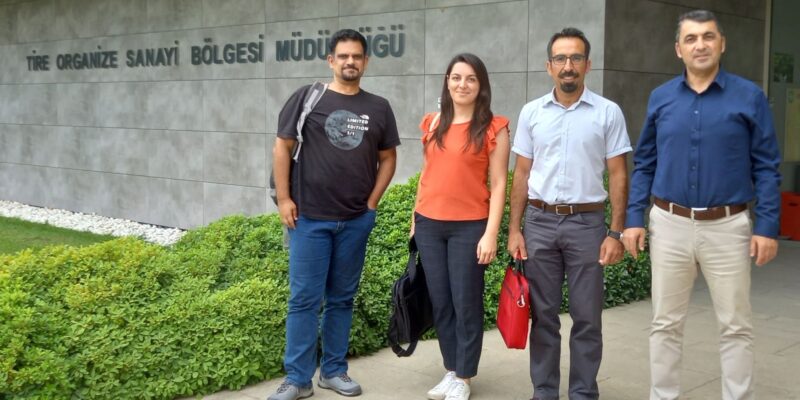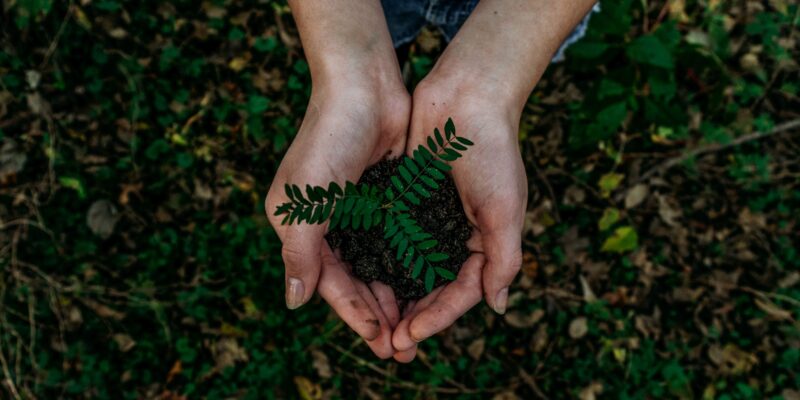We have completed the project “Creating a Roadmap for the Development of the Wind Turbine Recycling Sector in Izmir Province”, which we provided technical consultancy as GTE, carried out by Izmir Development Agency.
Within the scope of the project, we evaluated the cyclical management possibilities of wind turbine components, which have started to attract attention in the world in recent years. We hope that the project outputs will be beneficial for all stakeholders in terms of #sustainability in the rapidly developing wind industry in Izmir and Turkey.
You can access the “Izmir Wind Turbine Blade Recycling Roadmap” report via the link below.

